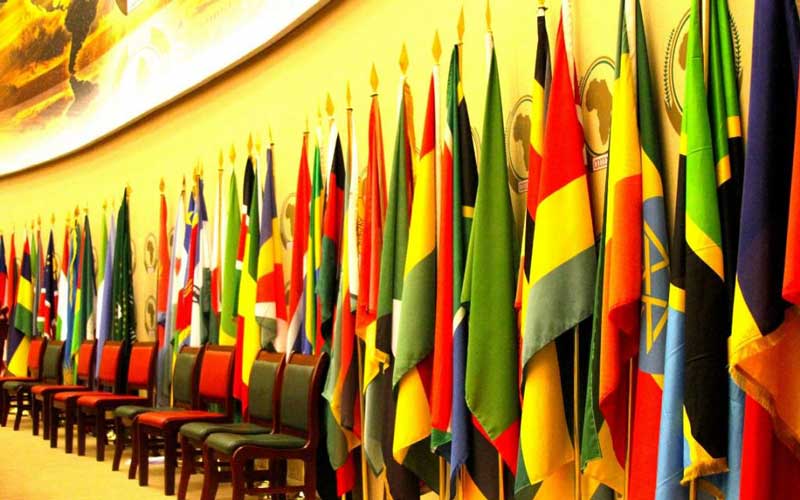×
The Standard e-Paper
Stay Informed, Even Offline

Swahili is a rich and beautiful language. Our ancestors have passed down meaningful stories and phrases for generations that encourage us to be stronger together.